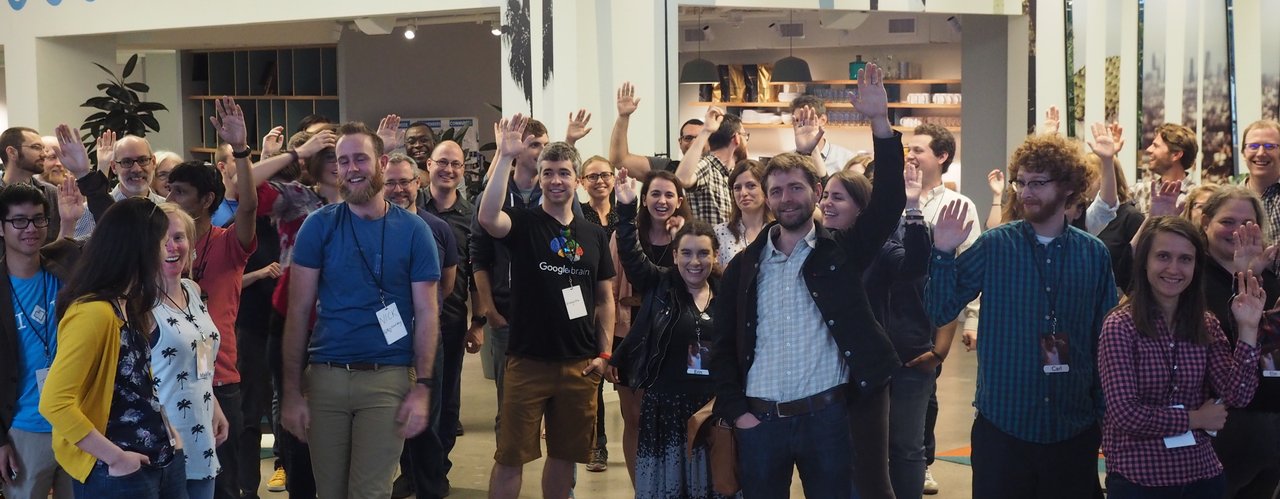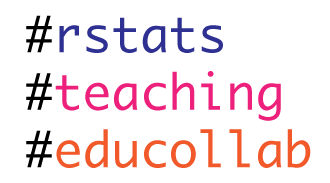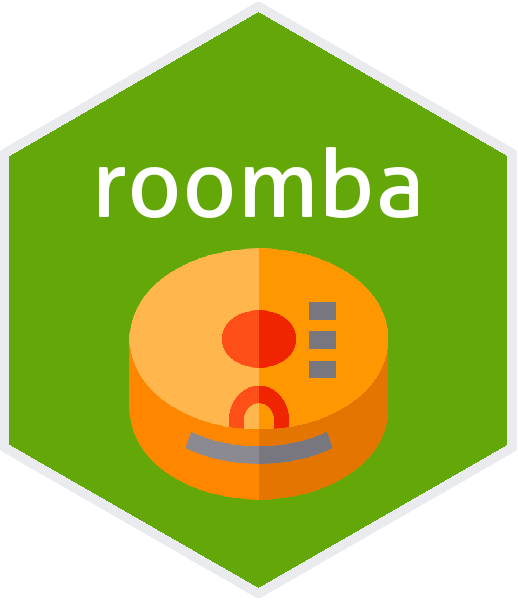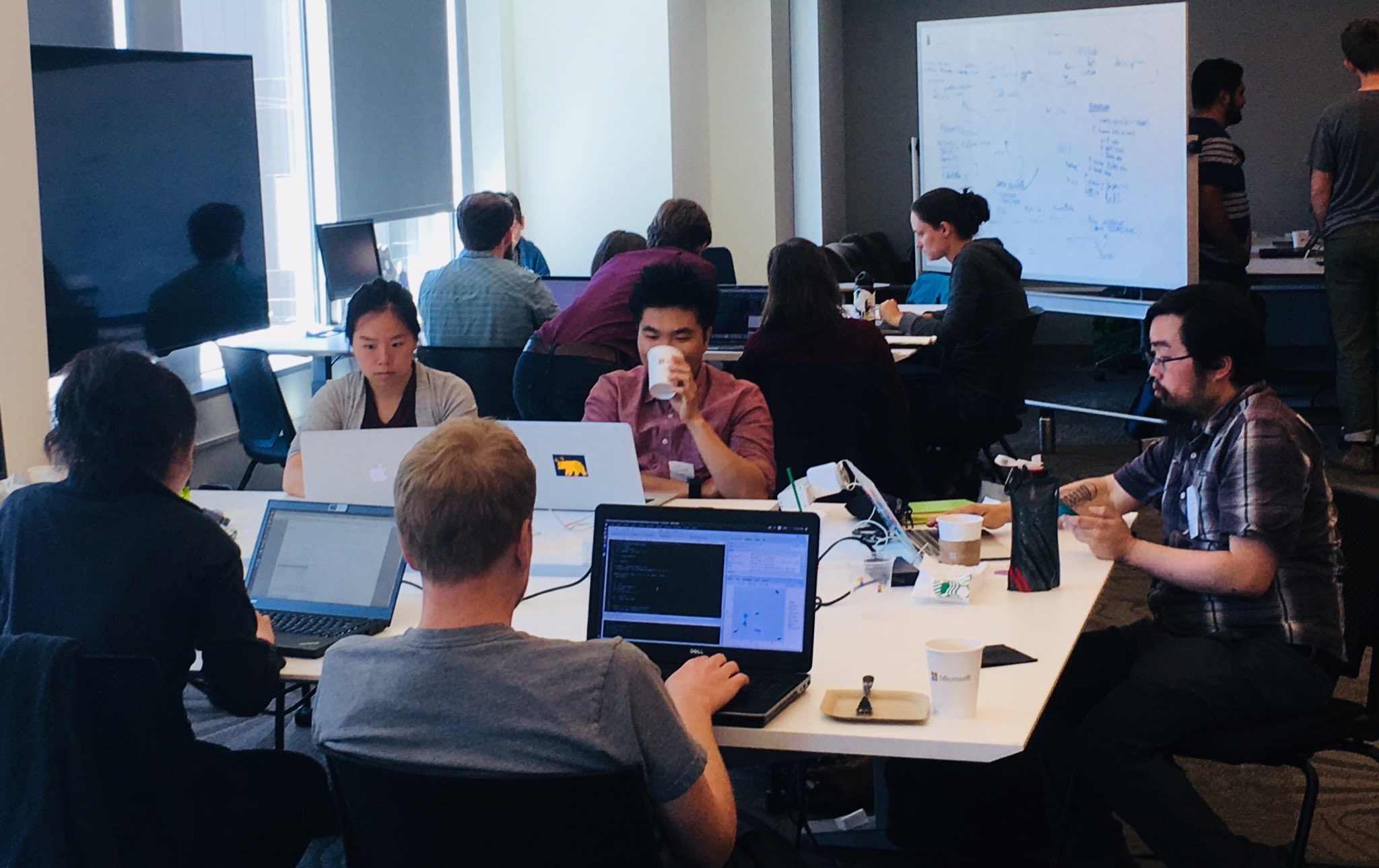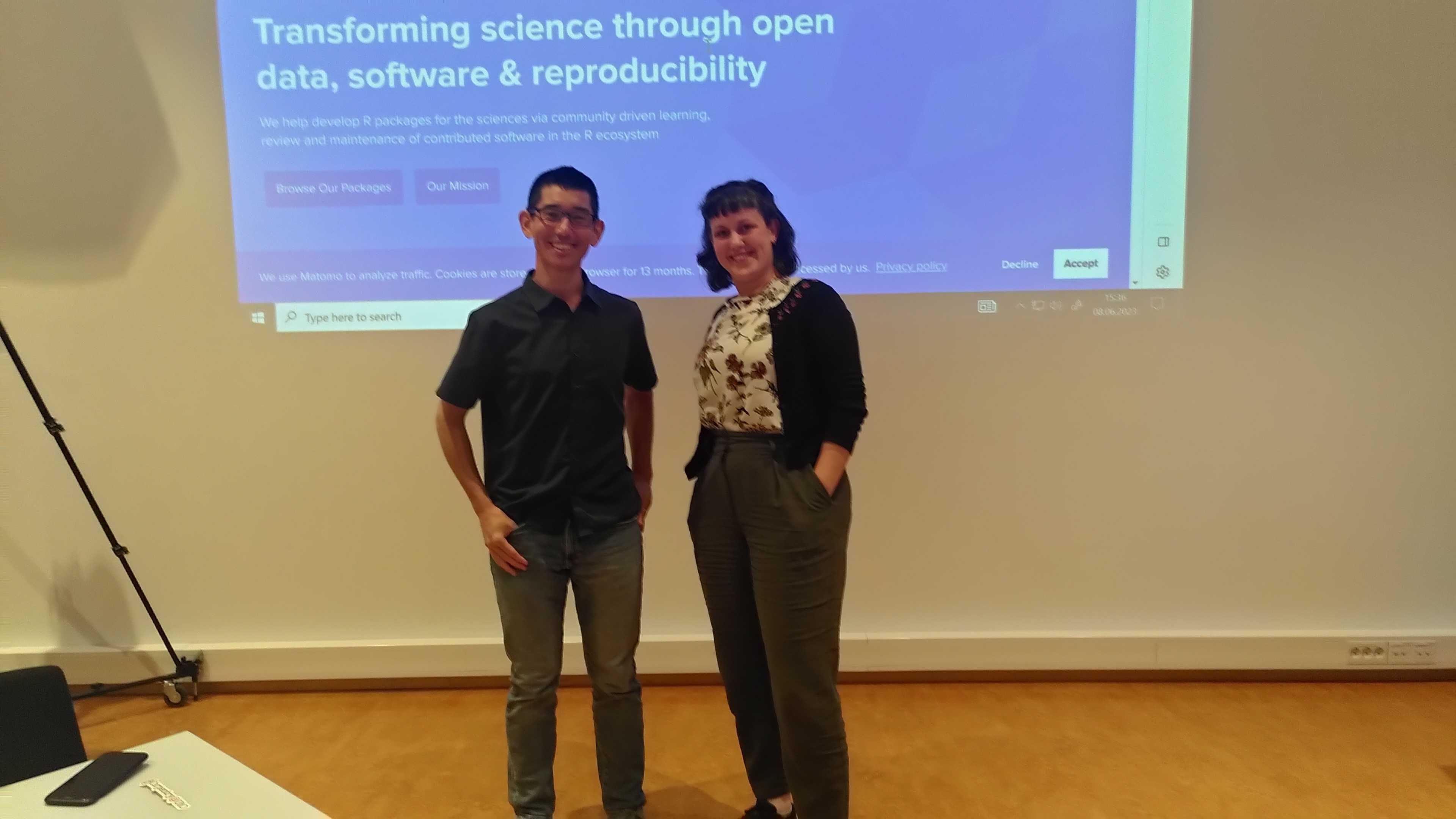
Many researchers are becoming more aware of the importance of reproducibility.Although reproducibility involves a diverse array of topics and tools, one rOpenSci package has gained considerable attention for enabling reproducible analysis pipelines in R: targets, by Will Landau. Why a targets workshop?
